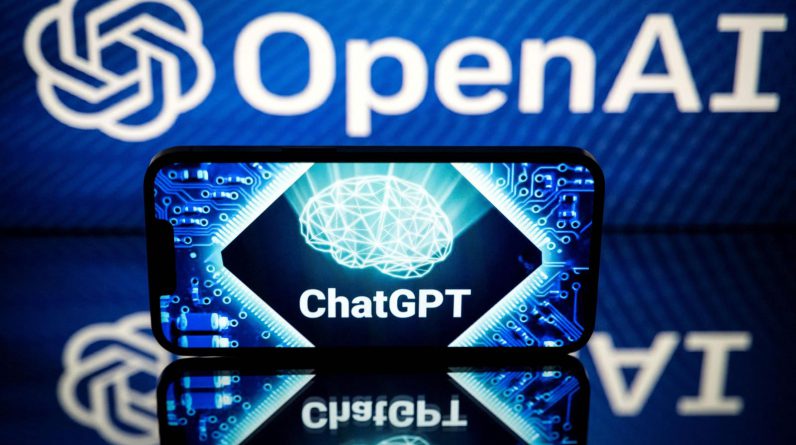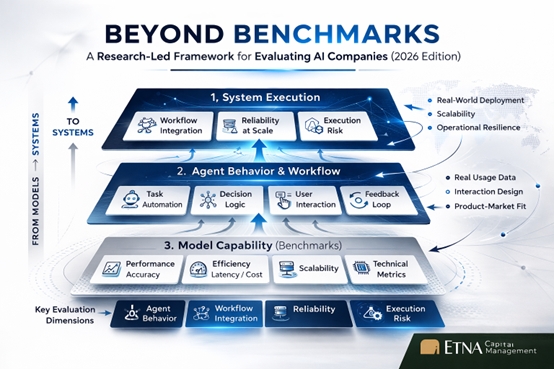
âSuccess in music requires discipline, dedication, and a lifelong commitment to learning and self-improvement.â Those are the words of the late and legendary pianist Van Cliburn.
Whatâs interesting about them is that the best in any field would or most likely have uttered much the same. Thinking of Tiger Woods and golf, while practicing putting he was known to finish with fifty 6-footers. Crucial here is that his own internal rule was that he had to make them all. If he hit forty-nine straight, but missed #50, he would start all over again.
Woods and Cliburn are but two of myriad reminders that when it comes to our chosen vocations, those who want to be great donât take any shortcuts. Effort to get better is constant. As the great Nick Saban once put it, âthere is the pain of discipline and the pain of disappointment.â
Itâs something to keep in mind as critics of Artificial Intelligence (AI) seek guardrails to protect education from AIâs genius of freeing us from doing or learning what is no longer necessary. Along these lines software is being written that will âcatchâ students who turn in papers written by ChatGPT and others like it, though some have simply given up altogether. Take a recent piece by lawyer and engineer Wilson Tsu, who asserts that âAI is destroying higher educationâ since the âvast majority of students are usingâ what he claims is âthe cheapest, easiest way to cheat ever invented.â
Itâs apparent Tsu is ignoring that when it comes to the work we want to do, no amount of prodding or pushing is necessary. If itâs work we love or that we aim to be great at, we are our own disciplinarians.
Figure that football is on its own rather cerebral, and then the quarterback position is incredibly cerebral. Does anyone seriously think Aaron Rodgers, Peyton Manning, or Tom Brady took shortcuts to get to the levels they reached, or are at? They didnât because being great was and is its own reward. To cheat on the path to play would expose them on the field of play.
To be around talented investment bankers or hedge fund managers is to see individuals who similarly donât take shortcuts. Why would they? Better yet, how could they? Their success is a function of their excellence, and a desire to relentlessly develop their skills is part of being excellent. No one would have to force them to know the why behind a business, the how of financing a business for the long-term, or why owning shares of a business will generate for them good returns over the near or long term. As always, being good is its own reward. To cheat is to diminish oneself.
For those who write, the act of writing is joyous. Itâs the path to learning. So is reading. No one forces writers to read a lot. They do so because learnedness is a choice, as is being informative and insightful. For would-be writers in school, who among them would avoid the very doing that so thoroughly animates their passion to be â yes â a writer?
While Tsu laments that âthe vast majority of studentsâ are employing AI in order to cheat in school, he ignores that no one who has designs on being an achiever in any walk of life would ever âcheatâ the learning process, practice, or both. To do so would just set the individual up for âthe pain of disappointment.â
Just the same, we avoid doing through automation or âunlearnâ whatâs unnecessary all the time in all walks of life not because weâre not disciplined, but because we are. Other than the human kind, time is the greatest form of capital. No doubt accountants could run numbers without calculators and spreadsheets, but only to their own detriment as accountants.
Applied to Tsu and his worry about AI âdestroying higher education,â his confident assertion that âthe vast majority of studentsâ use it to cheat says little about college students, and a lot about higher education. As opposed to AI destroying it, its allegedly broad usage more realistically indicates that higher education has destroyed itself.







